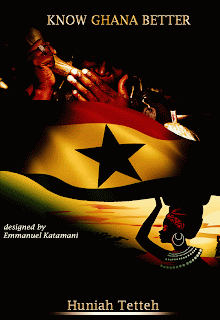THE COMPLETE LIST OF LANGUAGES SPOKEN IN GHANA

During my Ghana tour in writing the book, KNOW GHANA BETTER , I had encounters with several different languages and I thought it wise to share with you all since it may be very necessary. But mind you, this article is copyright protected so please, do not extract this information for selfish gains without seeking permission from the author of the book KNOW GHANA BETTER and the administrator of these Youtube channels, Huniah-Yourhighness Tv and DISCOVER GUANS WITH HUNIAH . Now, the total list of languages could be debatable for the fact that there are dialects within languages and some dialects could be seperate languages on their own. Thus, in this writeup, I only present the raw facts as I have found them and it is up to the reader to make his/her own judgements. Greater-Accra Region 1. Ga 2. Dangme (dialects: Klogbi (Krobo), Gbugblã (Prampram), Ada gbi) Cental Region 3. Fante (dialects: Gomoa, Agona, T'di Fante, Wassa) 4. Efutu (dialects: Senya, Simpa) ...
